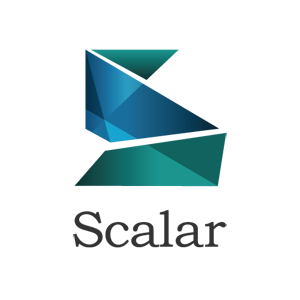CFP: “Digital Immigrants and Digital Natives: Filling the Void”
Vanderbilt University (Nashville, TN, USA)
April 11, 2015
The Graduate Student Association of Modern Languages (GSLMA) at Vanderbilt University has released a Call for Papers for its inaugural conference titled “Digital Immigrants and Digital Natives: Filling the Void.” Held on April 11, the conference, hosted at Vanderbilt University in Nashville, TN, will feature keynote speaker Dr. Carl Blyth, an applied linguist at University of Texas at Austin.
According to the organizers, “the title of the conference problematizes Scott Prensky’s 2001 terms “digital native” and “digital immigrant.” Although these terms attempt to explain the generational gap and its technological divide, our conference looks to the ways in which the reality of technology in the language classroom and in our research defies such classifications.”
Conference organizers welcome submissions related to:
- Digital Humanities and the arts
- Digital Humanities in dissertations
- Digital Humanities and pedagogy
- Digital Humanities and race
- Digital Humanities and disability
- Digital Humanities and gender studies
- Digital Humanities as multicultural and multilingual
- Applying specific instructional models in CALL
- MOOCS and other open online courses for language learning
- Outcome based frameworks in CALL design
- Gaming and virtual worlds
- Online Intercultural Exchanges
- CMC and OCMC in the language classroom
- Specific CALL tools and their implementation in the classroom
- CALL project designs (and evaluation)
- The direction of Digital Humanities as a field
- Crowdsourcing scholarly research
Proposals may be submitted in English, French, German, Portuguese, and Spanish.
Proposals should be sent to VanderbiltGSMLA@gmail.com with an abstract of 250-350 words and a separate title page that includes name, email, phone and university affiliation. For more information on the conference, please see the GSMLA blog’s Call for Papers.
Abstract submission deadline: January 26, 2015


